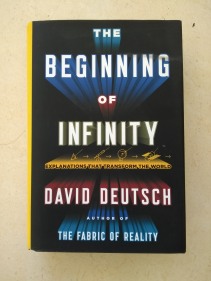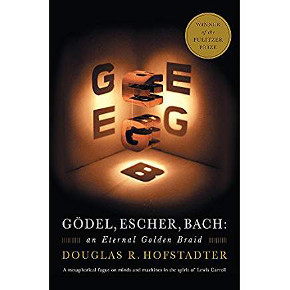Review: The Quantum Astrologer’s Handbook by Michael Brooks
Jerome Cardano was a 16th Century mathematician who, among other things, was the first to look at probability theory and make sense of imaginary numbers. He oscillated from poverty to riches and back, was fêted in royal courts across Europe and, like Galileo, fell foul of the Inquisition. He defended but failed to save his simple son from execution for murder. He has been much maligned in any previous history I’ve read concerning him.
This book is written by a Quantum Physicist, not a Mathematician and it treats him much more sympathetically, warts and all. Brooks is a scientist, but he is perfectly happy to tolerate some of Cardano’s crazier beliefs (e.g. astrology; he wrote a horoscope for Jesus) since he himself defends some rather strange quantum ideas including String Theory.
This book is a very accessible introduction to the craziness of Quantum Theory and how Cardano laid some of its foundations. It requires little or no physics or mathematics knowledge. Its great value for me was how it uncovers how every age has its ideas that seem bizarre in retrospect and how we should show respect for those ideas and wait to see where they lead.



 Gödel’s theorem represents to me one of the high intellectual achievements of the 20th century. It was a devastating hammer-blow to mathematicians; imagine that you’ve given your life’s work to proving, say, Goldberg’s Conjecture. Gödel says that not everything that is true is provable; so maybe you’ve wasted your life on one such unprovable conjecture! (The very fine novel: Uncle Petros and Goldbach’s Conjecture by Apostolos Doxiadis imagined just such an outcome and is well worth reading).
Gödel’s theorem represents to me one of the high intellectual achievements of the 20th century. It was a devastating hammer-blow to mathematicians; imagine that you’ve given your life’s work to proving, say, Goldberg’s Conjecture. Gödel says that not everything that is true is provable; so maybe you’ve wasted your life on one such unprovable conjecture! (The very fine novel: Uncle Petros and Goldbach’s Conjecture by Apostolos Doxiadis imagined just such an outcome and is well worth reading).